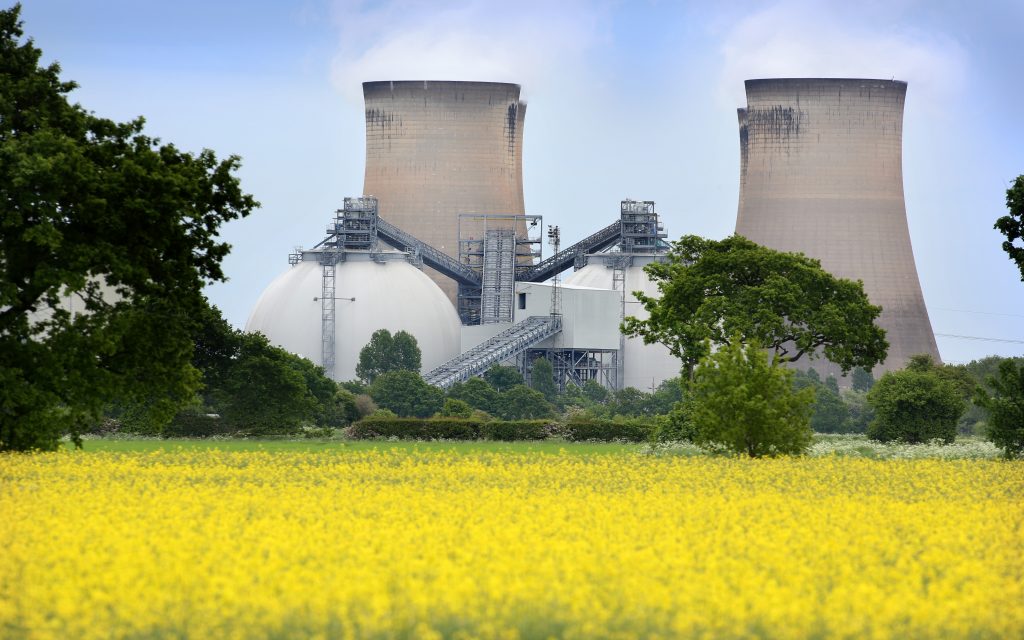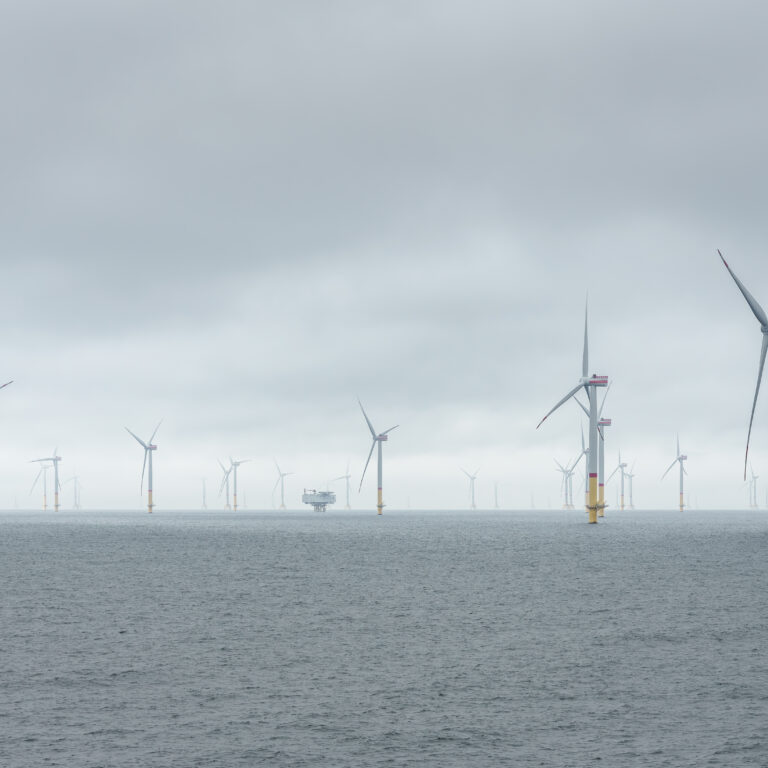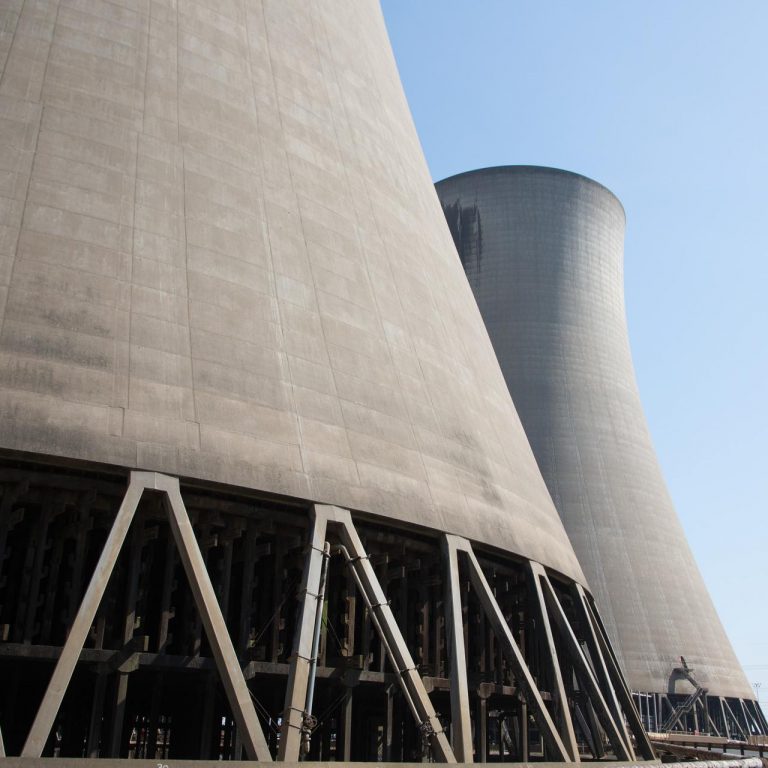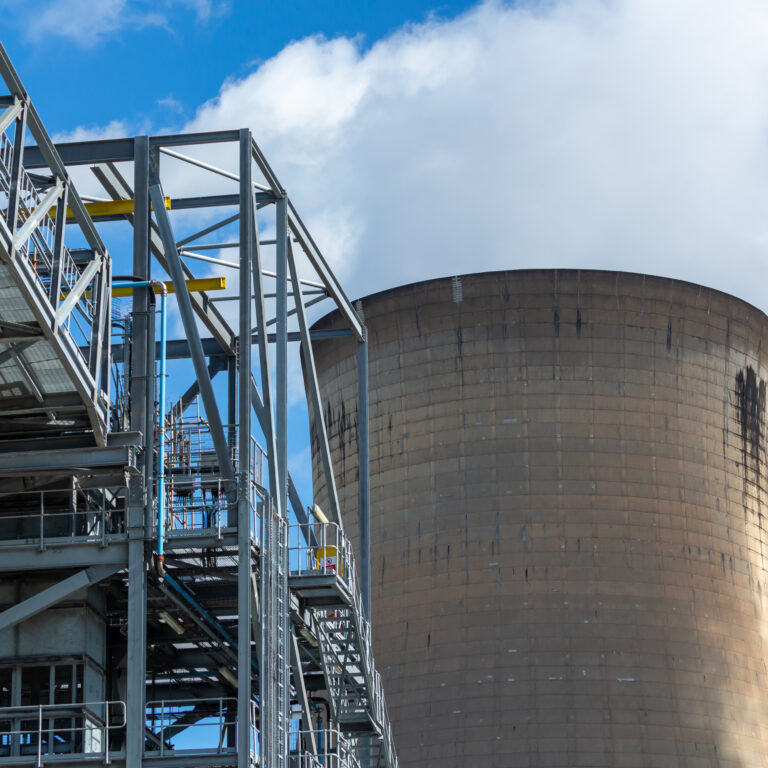This article appeared in the Yorkshire Post on 24 October 2024
Many of the original climate change heroes live and work here in Yorkshire and it is these men and women who have worked so hard to keep the lights on whilst also ensuring that Britain became the first major economy to halve its emissions.
However, whilst this may sound like an encouraging accolade, the new Government has inherited a challenging situation where Britain is now lagging behind on delivering its targets for generating renewable energy and stopping climate change.
The UK’s carbon budgets are a legacy that the Conservative Party should be proud of and the legally binding targets that the last Government committed to form the basis of a set of world leading pathways that, if delivered, will make a meaningful contribution to slowing decarbonisation and ultimately improve everyone’s quality of life.
Critically, they also underpin long-term energy forecasts which demonstrate that global electricity usage is expected to more than double by 2050.
 Both Government and industry will have to work closely together to ensure that billions of pounds of investment is made into the UK in order to enable the delivery of the renewable energy infrastructure required to power this increase in demand.
Both Government and industry will have to work closely together to ensure that billions of pounds of investment is made into the UK in order to enable the delivery of the renewable energy infrastructure required to power this increase in demand.
This is most true here in Yorkshire and the Humber, where due to the legacy of our fossil fuel industries, we have the biggest decarbonisation opportunity of any region.
The decisions businesses are making drive economic growth, support thousands of high-quality jobs and signal that the nation is also open to foreign investment.
In Government, the Conservative Party understood the value of this long-term perspective but in opposition they currently seem more focused on short term political calculations that put them in danger of spoiling their legacy.
Last week the former Energy Secretary, Claire Coutinho, set alight the Conservative Party’s proud record of introducing carbon budgets and rowed back on her work to put the policies in place to meet them when she was Secretary of State.
She singled out Yorkshire’s Drax Power Station as being surplus to the country’s requirements, despite it powering 4 million homes and providing 4% of the country’s total power and 8% of its renewable electricity. Crucially, she neglected to say what could replace this significant amount of renewable and reliable generation capacity.
Everyone who works at Drax Power Station is proud of our 50-year history, the role we play today in delivering dispatchable, renewable power to the country when it needs it, not just when the wind is blowing and the sun is shining, and the ongoing contribution it can make to tackling climate change.
The transformation of the site from the country’s largest coal-fired power station into the single biggest source of renewable power, saw its carbon emissions slashed by 99% and in turn made a significant contribution to the UK meeting its current climate targets.
And now we want to go even further, by installing the game changing carbon removals technology, bioenergy with carbon capture and storage (BECCS) at the site.
BECCS at Drax will make it significantly easier for the country to meet its short and long-term climate targets, deliver the new Government’s 2030 clean electricity grid and, critically, our binding carbon budgets.
As the National Energy System Operator and Government work at pace to set out and implement their plans for the sector, we are ready to engage positively to play our part in a solution that delivers the essential objectives of security of supply, grid stability and decarbonisation.
The UK needs a consistent and assured energy strategy that keeps the lights on, delivers the decarbonisation agenda that society needs and wants, and stimulates economic growth and prosperity.


















